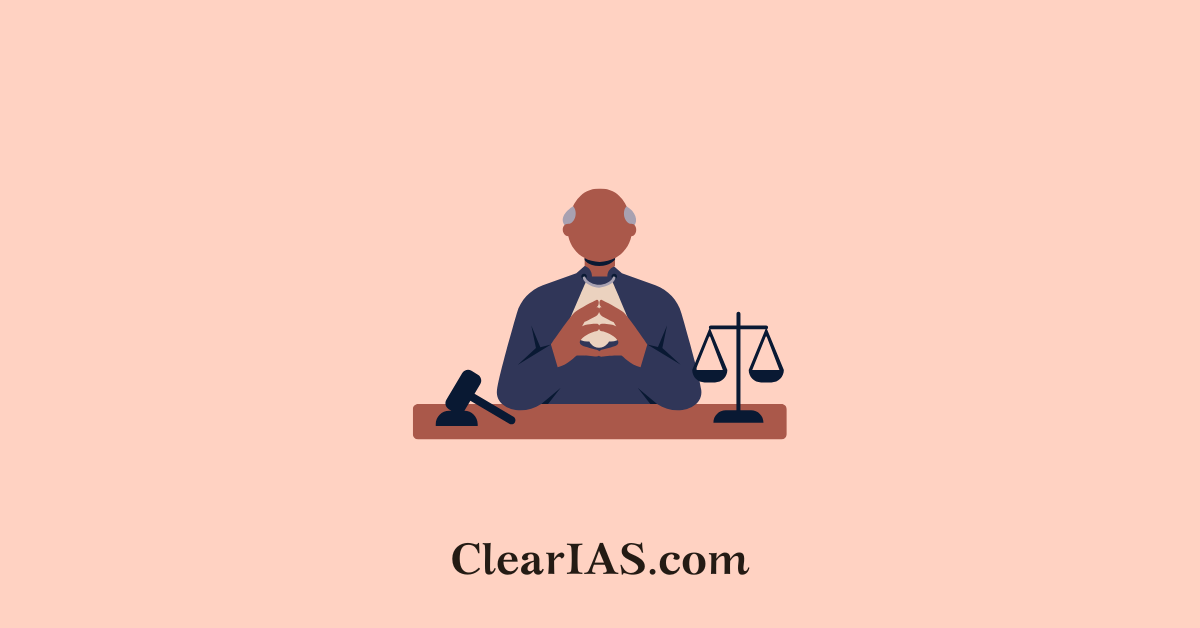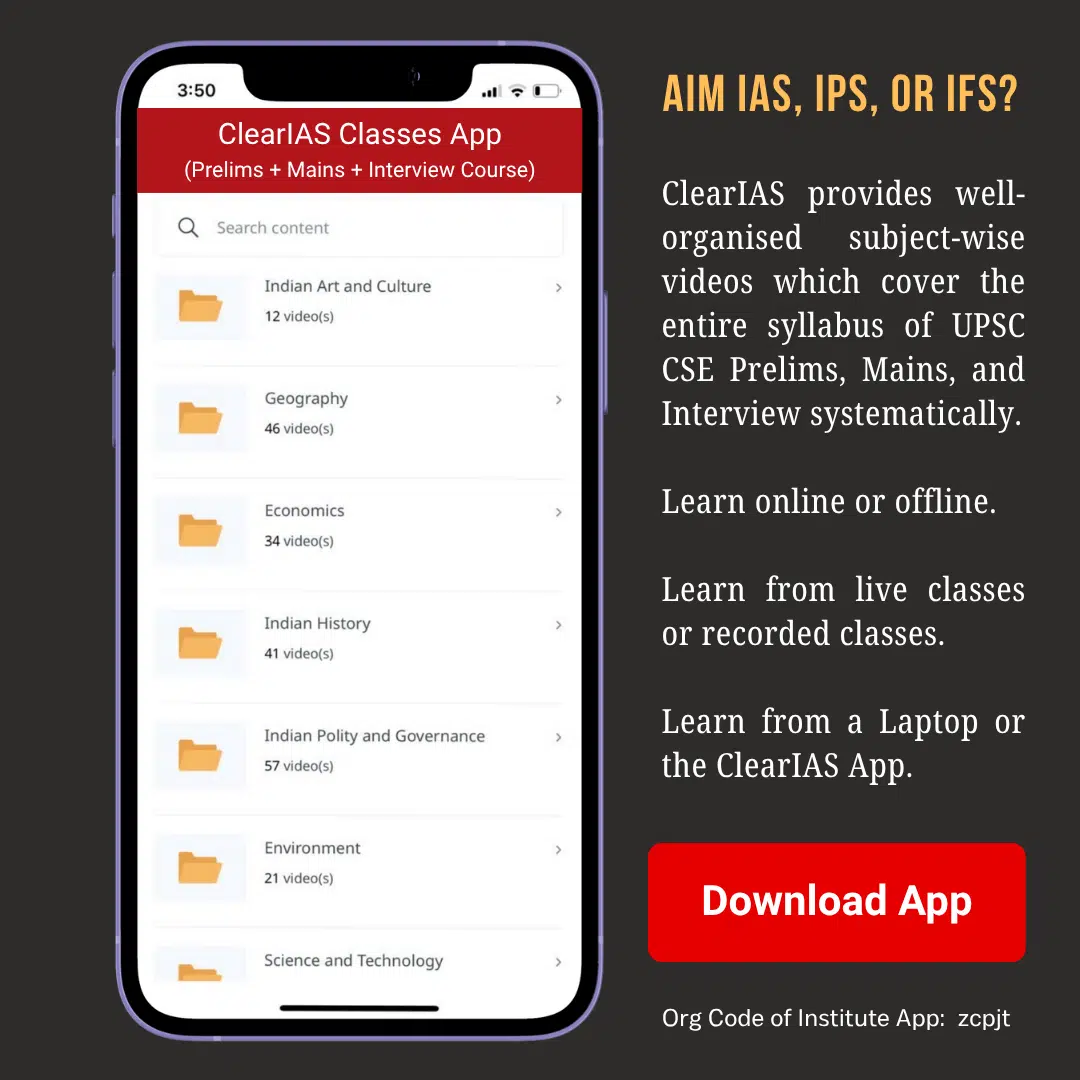
What is a Presidential Reference? What are the constitutional provisions for it in India? How often is it used? Read here to learn all about it.
On July 22, 2025, the Supreme Court Constitution Bench issued notices to the Union Government and all States in response to a Presidential reference filed by President Droupadi Murmu under Article 143 of the Constitution.
The Presidential reference seeks judicial clarity on whether the Supreme Court can lay down timelines and guidelines for the conduct of the President and Governors in dealing with State Bills submitted for assent.
What is a Presidential Reference?
A Presidential Reference is a constitutional mechanism under Article 143 of the Indian Constitution that allows the President of India to seek the opinion of the Supreme Court of India on questions of law or fact that are of public importance or may arise out of pending legal matters.
It represents a unique consultative jurisdiction granted to the judiciary by the executive.
What Does Article 143 State?
Article 143 of the Indian Constitution empowers the President to refer matters to the Supreme Court in two situations:
Article 143(1): Advisory Opinion on Public Importance
- The President may refer any question of law or fact of public importance to the Supreme Court for its opinion.
- The Court may, after such hearing as it deems fit, report to the President its opinion.
- However, the Supreme Court is not bound to give its opinion under this clause.
Article 143(2): Reference on Disputes Arising Under the Constitution
- If any dispute arises involving pre-constitutional agreements, treaties, or other arrangements, the President may refer it to the Supreme Court.
- The Supreme Court is bound to answer such references.
Thus, the first clause is discretionary for the Court, while the second clause is mandatory.
In both cases, the opinion expressed by the Supreme Court is only advisory and not a judicial pronouncement.
- Hence, it is not binding on the president; she may or may not follow the opinion.
- However, it facilitates the government to have an authoritative legal opinion on a matter to be decided by it.
Have There Been Presidential References in the Past?
Yes, notable examples include:
- Berubari Union Case (1960): On whether India could cede territory to Pakistan under a treaty.
- Kesavananda Bharati Follow-up (1973): On the scope of Parliament’s amending power.
- Rama Janmabhoomi-Babri Masjid Case (1993): Whether a temple existed before the mosque at the disputed site. The Court declined to answer.
- 2G Spectrum Case (2012): On the allocation of natural resources.
Do Other Countries Have Similar Provisions?
Canada
- The Supreme Court of Canada can be asked for an advisory opinion by the Governor-General (on advice of the government) under the Supreme Court Act.
- These references are common and influential, though technically non-binding.
United Kingdom
- Lacks a formal advisory reference system, but legal opinions can be sought informally by government departments from the Law Officers of the Crown (e.g., Attorney General).
United States
- The U.S. Supreme Court cannot issue advisory opinions. It only decides actual “cases and controversies” as per Article III of the U.S. Constitution.
Australia
- Similar to the U.S., the High Court of Australia only decides on real disputes and does not entertain hypothetical questions.
Thus, India and Canada stand out as jurisdictions where the judiciary can provide formal advisory opinions to the executive.
Why in the news?
In 2025, President Droupadi Murmu referred to the Supreme Court under Article 143 (details yet to be fully disclosed, but reportedly regarding legal clarity on simultaneous elections and the validity of certain legislative procedures debated in Parliament).
If this is under Article 143(1) (likely), the Supreme Court has the discretion to either respond or decline.
Is the Supreme Court Bound to Answer the President’s Questions?
The Supreme Court is not always bound to answer Presidential references.
- Under Article 143(1) (most common scenario), the Supreme Court can choose not to respond, especially if:
- The matter is too political.
- It is already sub judice (pending in court).
- The question is vague, speculative, or lacks legal substance.
- Under Article 143(2) (rare), the Court must respond.
Hence, while a Presidential reference is a powerful tool for constitutional dialogue between branches of government, it is not binding on the judiciary in most cases.
Should the Supreme Court Always Respond to Presidential References?
Arguments in Favour:
- It reinforces constitutional dialogue.
- Provides legal clarity on complex matters.
- Aids in governance and policy implementation.
Arguments Against:
- Risks of judicial overreach into executive/political matters.
- May pre-empt live or future litigation.
- It can strain the separation of powers.
The Court has, over time, developed the prudence to respond only when clarity, legal reasoning, and public importance coincide.
Supreme Court’s 16th Presidential Reference Verdict: Clarifying the Limits of Judicial Power Over Executive Assent to Bills
In a landmark ruling, a 5-Judge Constitution Bench of the Supreme Court delivered its opinion in the 16th Presidential Reference under Article 143, decisively holding that courts cannot impose timelines on the President or Governors for granting assent to State Bills under Articles 200 and 201 of the Constitution.
- The judgment overturns the Court’s own April 2025 ruling, which had prescribed strict time-limits for constitutional authorities to decide on Bills.
- This decision reshapes the evolving judicial discourse on federalism, separation of powers, and the functioning of constitutional offices in legislative processes.
Key Highlights of the Judgment:
1. Courts Cannot Fix Timelines for Executive Assent
The Constitution Bench held:
- The President and Governors act under Articles 200/201 using constitutional discretion.
- Courts cannot prescribe strict timelines—doing so would rewrite the Constitution.
- Imposing deadlines amounts to judicial legislation, violating separation of powers.
2. ‘Deemed Assent’ is Unconstitutional
The Court categorically rejected the idea of automatically approving a Bill after a court-ordered deadline:
- The Constitution provides no such mechanism.
- Courts cannot create a new constitutional doctrine.
- Deemed assent would be “alien to the constitutional text and scheme.”
3. Executive Cannot Sit on Bills Indefinitely
Although timelines cannot be imposed, the Court clarified that Governors/Presidents must not stall Bills endlessly.
Indefinite delay violates:
- Federalism
- Legislative supremacy
- Constitutional morality
The judgment stresses constitutional responsibility, even though judicial timelines are impermissible.
4. Limited Judicial Review is Permitted
The Court reaffirmed that courts cannot review the merits of the decision.
But they can review:
- mala fides
- arbitrariness
- extraneous considerations
- unconstitutional motives
Thus, procedural fairness can be tested, but not the substance of assent or return.
5. The President Need Not Seek a Supreme Court Opinion on Every Reserved Bill
Clarifying Article 201:
- The President’s decision is based on her own constitutional satisfaction.
- She is not bound to seek the Court’s opinion under Article 143 each time a Governor reserves a Bill.
- Article 143 reference is exceptional, not routine.
Conclusion
A Presidential reference under Article 143 is a powerful yet sparingly used constitutional mechanism that reinforces the idea of consultative federalism and collaborative governance.
While it enhances the dialogue between the executive and judiciary, the Supreme Court’s discretion ensures that its advisory role does not turn into a judicial overreach or substitute regular litigation.
Frequently Asked Questions (FAQs)
Q. What is Article 143?
Ans: As per Article 143, the President may refer any question of law or fact of public importance to the Supreme Court for its opinion. The President makes such a reference based on the advice of the Union Council of Ministers.
Q. Is Article 143 binding on the President?
Ans: No, the Supreme Court’s advisory opinion under Article 143 (Presidential reference) of the Indian Constitution is not binding on the President. While the President usually respects the Supreme Court’s opinion, they are not obligated to follow it. Article 143 allows the President to seek the Supreme Court’s advice on questions of law or fact of public importance, but the advice is considered advisory, not a mandatory directive.
Read:






Leave a Reply